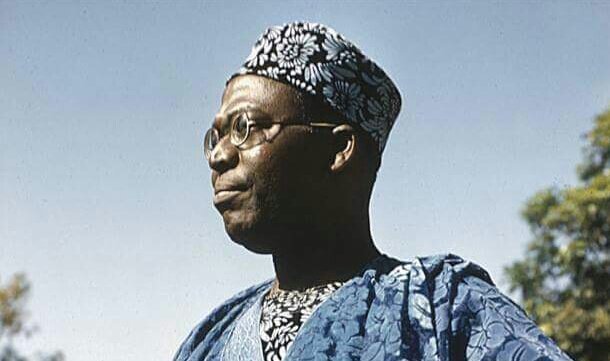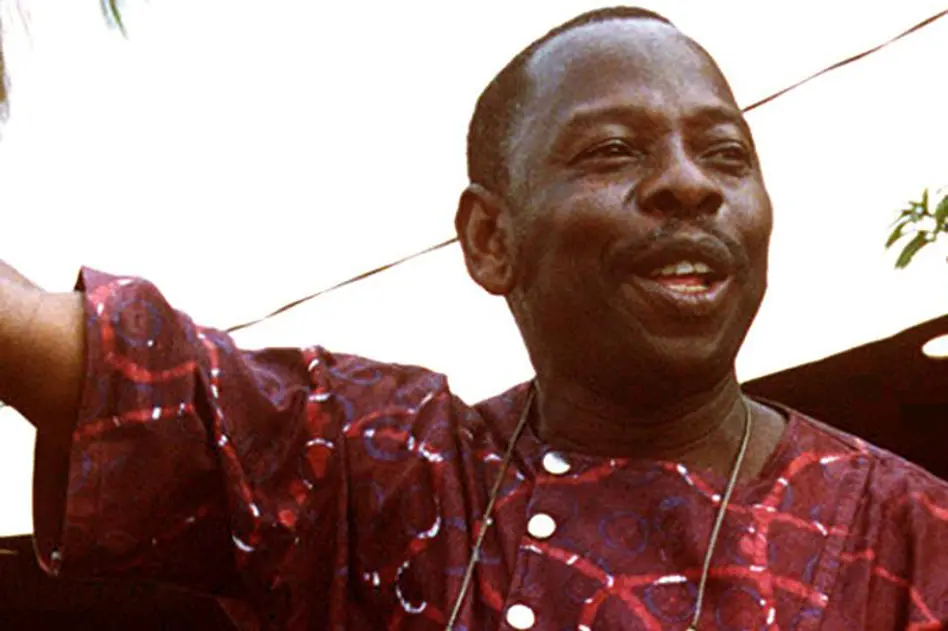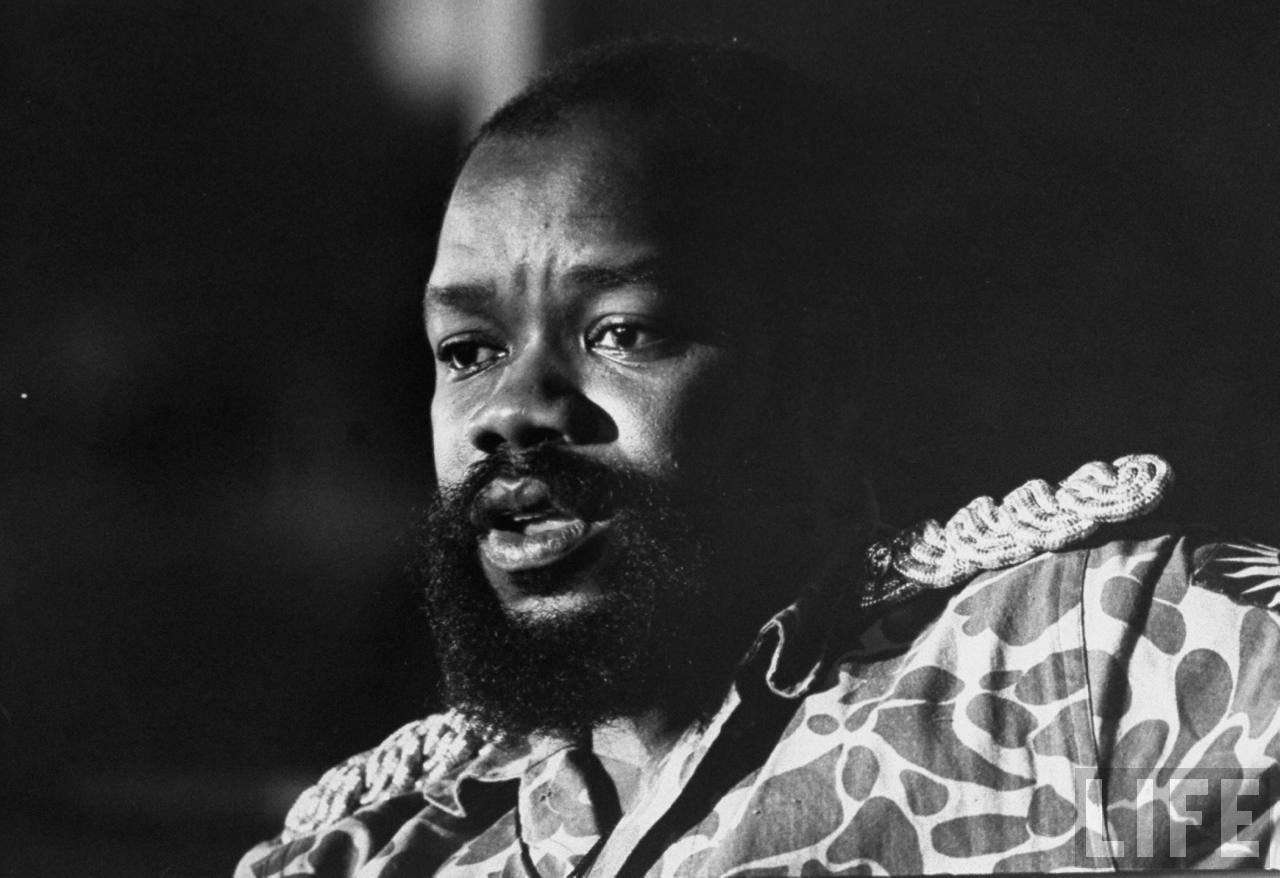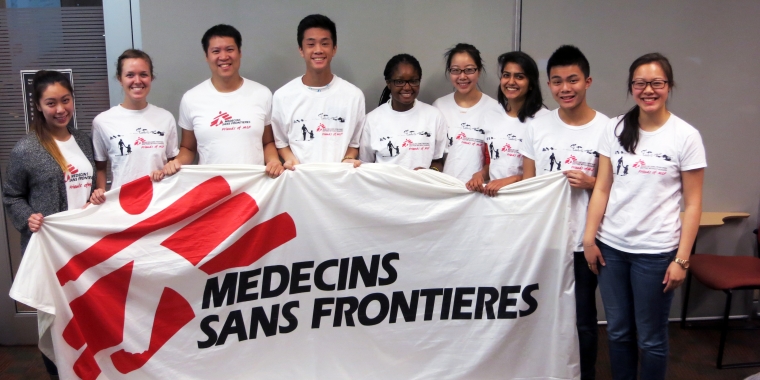
Chief Obafemi Awolowo: Architect of Modern Nigeria and Visionary Leader
Chief Obafemi Awolowo is remembered as one of Nigeria’s founding fathers, a visionary leader whose policies and ideologies helped shape modern Nigeria. Known for his commitment to education, economic development, and social welfare, Awolowo’s influence on Nigeria’s political and social landscape is profound. This biography explores the life, political career, and enduring legacy of Chief Obafemi Awolowo, an advocate for unity, democracy, and prosperity.
Early Life and Education
Obafemi Jeremiah Oyeniyi Awolowo was born on March 6, 1909, in Ikenne, Ogun State, Nigeria. Coming from a humble background, he was determined to pursue education and self-improvement. Awolowo attended Wesley College in Ibadan and worked various jobs to support his studies before moving to the United Kingdom to study law at the University of London. His time abroad influenced his views on governance and social welfare, sparking a lifelong commitment to improving the lives of Nigerians.
Political Career and Advocacy for Independence
Upon his return to Nigeria, Awolowo became actively involved in the fight for Nigeria’s independence. He founded the Action Group (AG) political party in 1951, promoting policies of nationalism, modernization, and social justice. As the premier of the Western Region, Awolowo’s governance style focused on regional autonomy, economic development, and education, transforming the region into an economic powerhouse.
Awolowo’s leadership in the Western Region brought significant progress. He implemented free primary education, established health care programs, and promoted industrialization, setting an example for other regions in Nigeria. His achievements made him one of the most admired leaders of his time, and he earned the title “the best President Nigeria never had” for his vision and dedication.
Contributions to Education and Social Welfare
Chief Awolowo believed that education was the key to national development. He implemented free universal primary education in the Western Region, an initiative that provided access to education for millions of Nigerian children. This policy had a lasting impact on the region, producing educated citizens who contributed to Nigeria’s economic and political progress. Awolowo also pioneered welfare programs, emphasizing healthcare access and social equality, which set a standard for governance in Nigeria.
Economic Policies and Vision for a Prosperous Nigeria
Awolowo’s economic policies were rooted in self-reliance and industrialization. He promoted policies that encouraged local production, infrastructure development, and investment in agriculture. His economic strategies were aimed at reducing dependency on foreign resources, fostering a sustainable Nigerian economy. These policies earned him admiration and respect as a forward-thinking leader dedicated to Nigeria’s prosperity.
Role in the Nigerian Civil War
During the Nigerian Civil War (1967–1970), Awolowo served as the Vice Chairman of the Federal Executive Council and Commissioner of Finance. His pragmatic and controversial economic policies, including the currency change policy, were aimed at weakening the secessionist Biafran economy. Awolowo advocated for national unity, emphasizing that Nigeria was stronger as a united nation despite ethnic and regional differences. Although some of his wartime policies remain debated, his role in maintaining Nigeria’s unity is acknowledged.
Legacy and Impact on Nigerian Politics
Chief Awolowo’s contributions to Nigerian society are celebrated to this day. Institutions, roads, and awards are named in his honor, commemorating his vision and impact on Nigeria’s development. His legacy as a champion of education, economic development, and social welfare lives on, inspiring generations of Nigerian leaders and citizens.
Awolowo’s ideologies, particularly his commitment to federalism and social justice, continue to influence Nigerian politics. He remains a symbol of good governance, integrity, and patriotism, and his legacy endures in the lives of the millions of Nigerians he empowered through education and social programs.
Notable Quotes
“The children of the poor you failed to train will never let your children live in peace.”
“There can be no peace in the land without justice.”
Conclusion
Chief Obafemi Awolowo’s life was marked by a commitment to education, social welfare, and national unity. As a founding father, his contributions laid the foundation for modern Nigeria, making him one of the country’s most respected and influential figures. His vision for a prosperous, self-reliant, and educated Nigeria continues to inspire, making Awolowo’s legacy a timeless reminder of the importance of leadership with integrity and vision.








